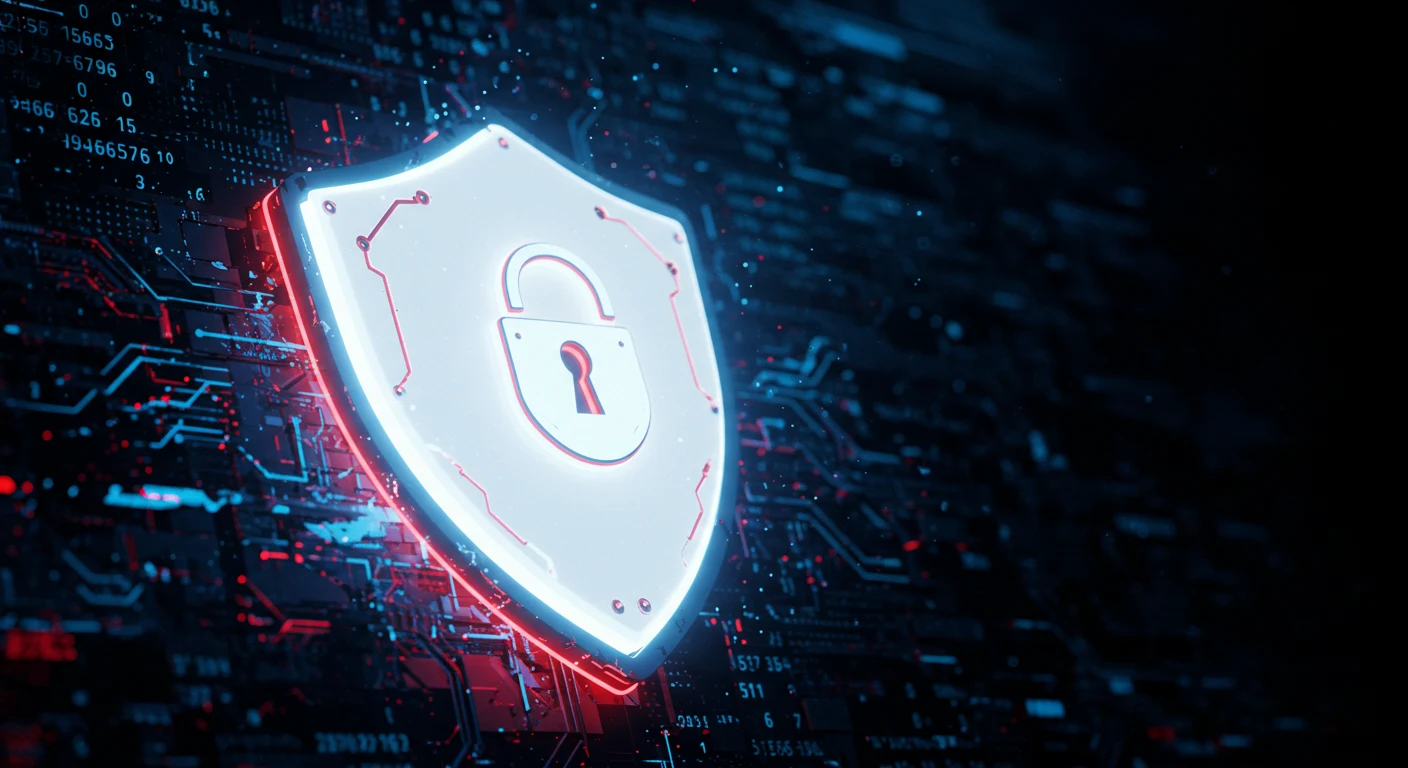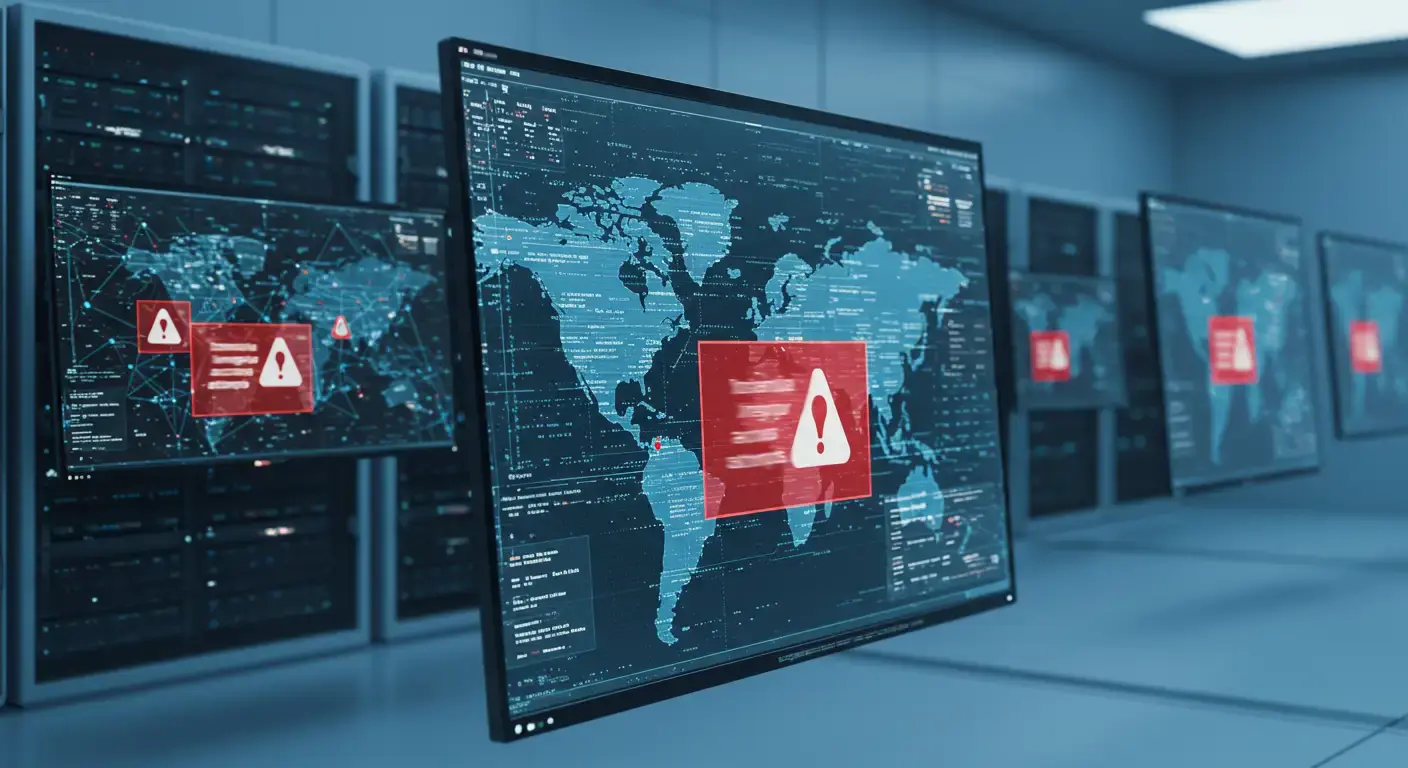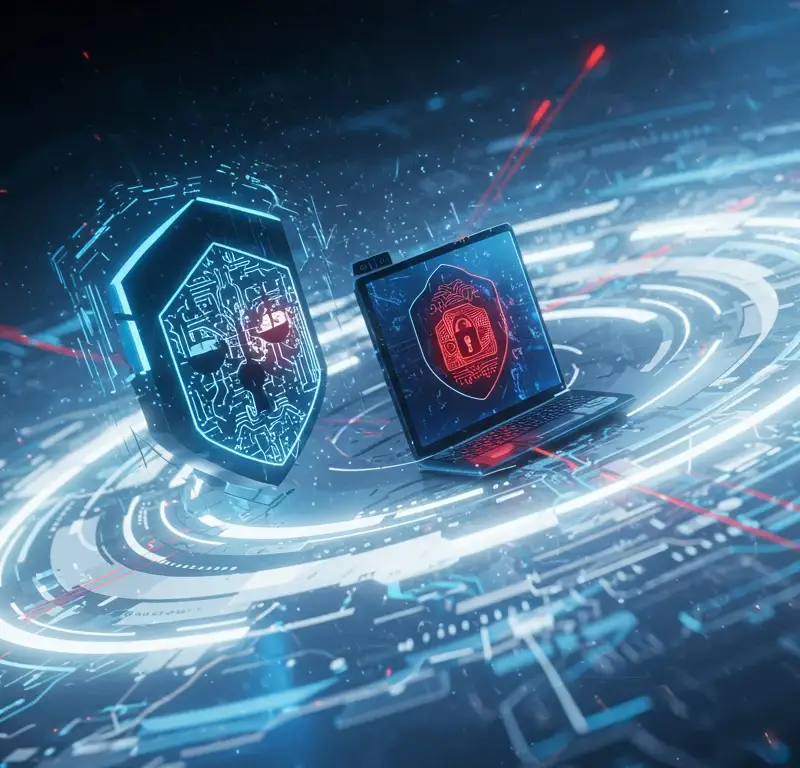
Active Defense is a cybersecurity strategy that shifts defenders from passive monitoring to proactive disruption. It focuses on detecting adversaries earlier; during reconnaissance, credential harvesting, and lateral movement, before they execute payloads or cause damage.
Key differences from traditional detection
- Uses deception and identity threat detection to reveal attacker intent, not just behavior
- Generates high-fidelity alerts based on interaction with decoys—not signatures or baselines
- Detects stealthy techniques like valid credential misuse or log-free movement
Strategic advantages
- Interrupts attacks before impact, reducing dwell time and escalation risk
- Enhances visibility during the attacker’s decision-making process (OODA loop)
- Equips defenders to act earlier, with greater confidence and less alert fatigue

Get Inside the Attacker’s Decision Loop
The OODA loop (Observe, Orient, Decide, Act) has long defined success in fast-moving conflict. Active Defense applies this mindset to cybersecurity. Instead of waiting for post-breach detection, Acalvio enables defenders to:
- Observe attacker reconnaissance and credential misuse early
- Orient around real threats, not false positives
- Decide with precision, based on intent—not noise
- Act while the attacker is still mapping the terrain
Traditional defenses let attackers complete their OODA loop. Acalvio interrupts it.
AI-Driven Deception For Active Defense
- Attackers abuse credentials to move undetected through AD, Entra ID (Azure AD), and federated cloud identity systems.
- Cloud-native attacks pivot through APIs, misconfigurations, ephemeral workloads, and identity misuse—often without logs or agents.
- By the time ransomware triggers an alert, damage is done. The threat begins with recon, credential harvesting, and staging
- Industrial and unmanaged systems can’t support traditional detection and often become invisible entry points.

Deception Elevates Active Defense
Attackers slip through the cracks of traditional tools. Deception shuts those cracks—turning guesswork into confirmed intent and giving defenders the upper hand at every phase of Active Defense:
- Confirms threats: Decoy interaction provides unambiguous signals
- Detects early: Surfaces recon, credential misuse, and lateral movement
- Reduces noise: Delivers low-volume, high-confidence alerts
- Exposes intent: Reveals attacker objectives, not just behaviors
- Disrupts execution: Forces attackers to adapt or abandon their plan
- Speeds response: Enables faster, more decisive action in the OODA loop

From Theory to Practice—at Enterprise Scale
Acalvio integrates AI throughout the deception lifecycle:
- Uses pattern recognition and clustering to map network neighborhoods
- Auto-generates tailored deception per endpoint, subnet, and identity store
- Triage signals into high-fidelity alerts to reduce analyst fatigue
- Captures TTPs directly from attacker behavior
Deception doesn’t just detect—it disrupts. And at scale, it shapes the attacker’s next move before they make it.
AI-Powered Deception: Patented for Precision, Built for Scale
Acalvio has operationalized deception at enterprise scale by embedding AI into every stage of deployment and management. Our patented innovations automate and accelerate detection with unmatched precision:
- Pattern recognition & clustering to map network neighborhoods
- Recommendation engines to configure deception per endpoint and subnet
- Alert triage algorithms to surface only high-fidelity signals
- Behavioral analysis to extract attacker TTPs in real time
- AI-powered investigation accelerators to reduce SOC workload
And now, with Copilot, Acalvio’s LLM-powered engine, decoy naming and content are automatically generated—tailored by industry, context, and threat surface.
Outmaneuver. Disrupt. Dominate. Acalvio Active Defense in Action.
AI maps your environment and deploys deception tailored to each endpoint, subnet, and identity system—ensuring precise, dynamic coverage without manual effort.
Decoy interactions generate high-fidelity alerts tied to adversary intent—not anomalies—giving defenders early, unambiguous warning during recon and lateral movement.
AI accelerates detection and investigation, reducing SOC fatigue while exposing attacker TTPs that inform faster, more confident response.
Frequently Asked Questions
It’s a strategy focused on detecting and disrupting adversaries earlier—during recon, staging, and movement—not just after damage begins. It fills the detection gap between prevention and response.
Because attackers don’t wait for your tools to catch up. Many use valid credentials and operate without generating logs. Active Defense gives you intent-driven signals that fire before traditional controls react.
Gartner outlines five: deception, ITDR (Identity Threat Detection and Response), attack surface management (ASM), threat exposure management, and proactive threat hunting—all focused on earlier detection and control.

